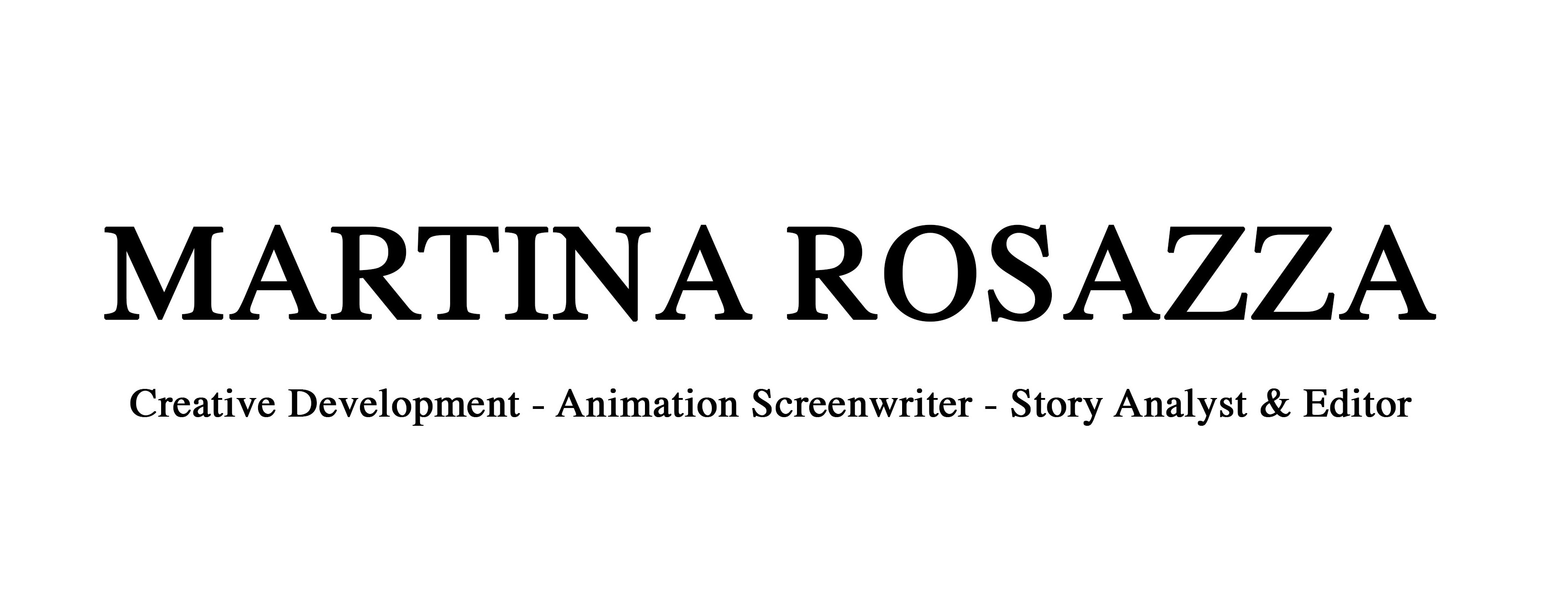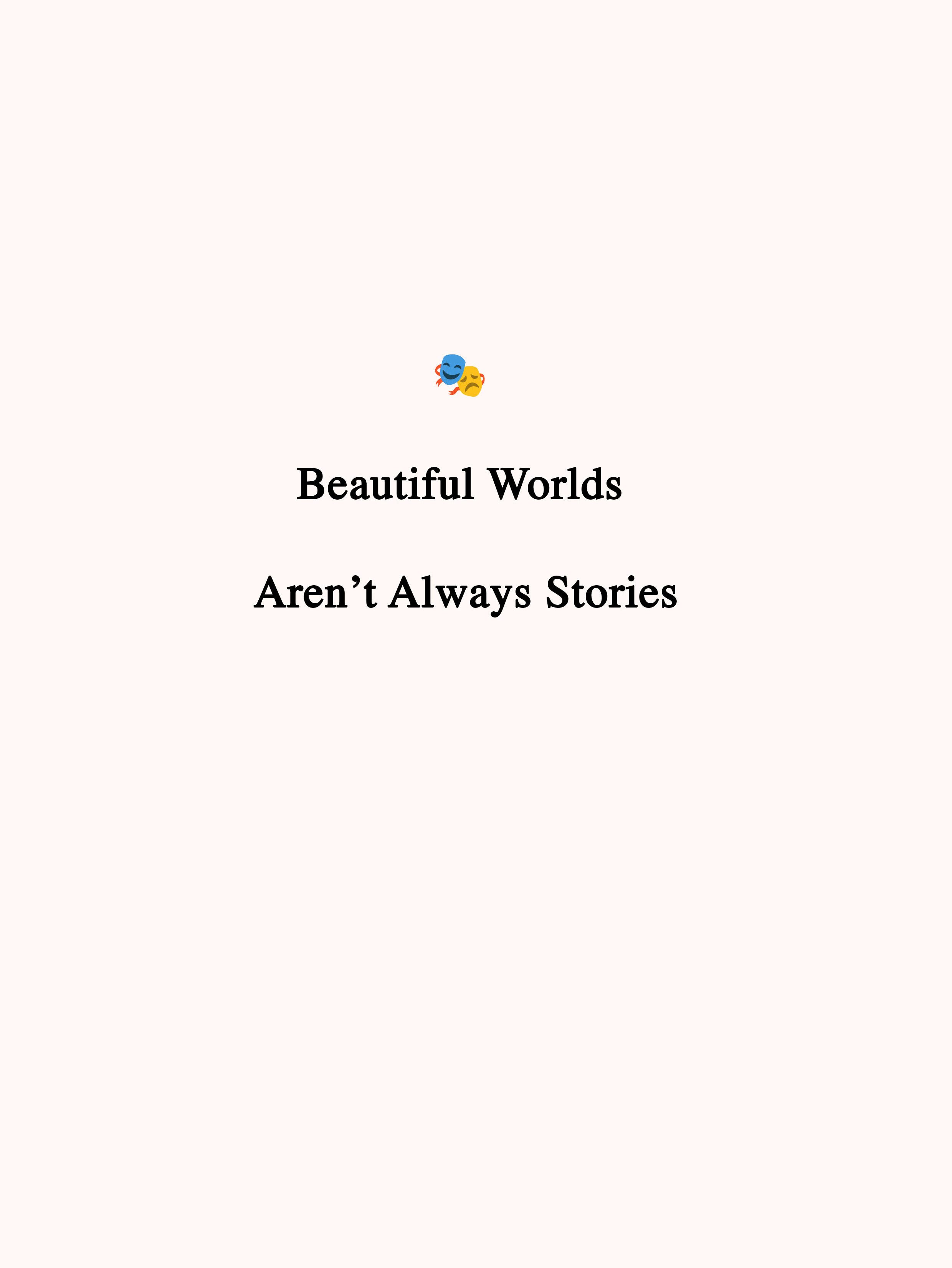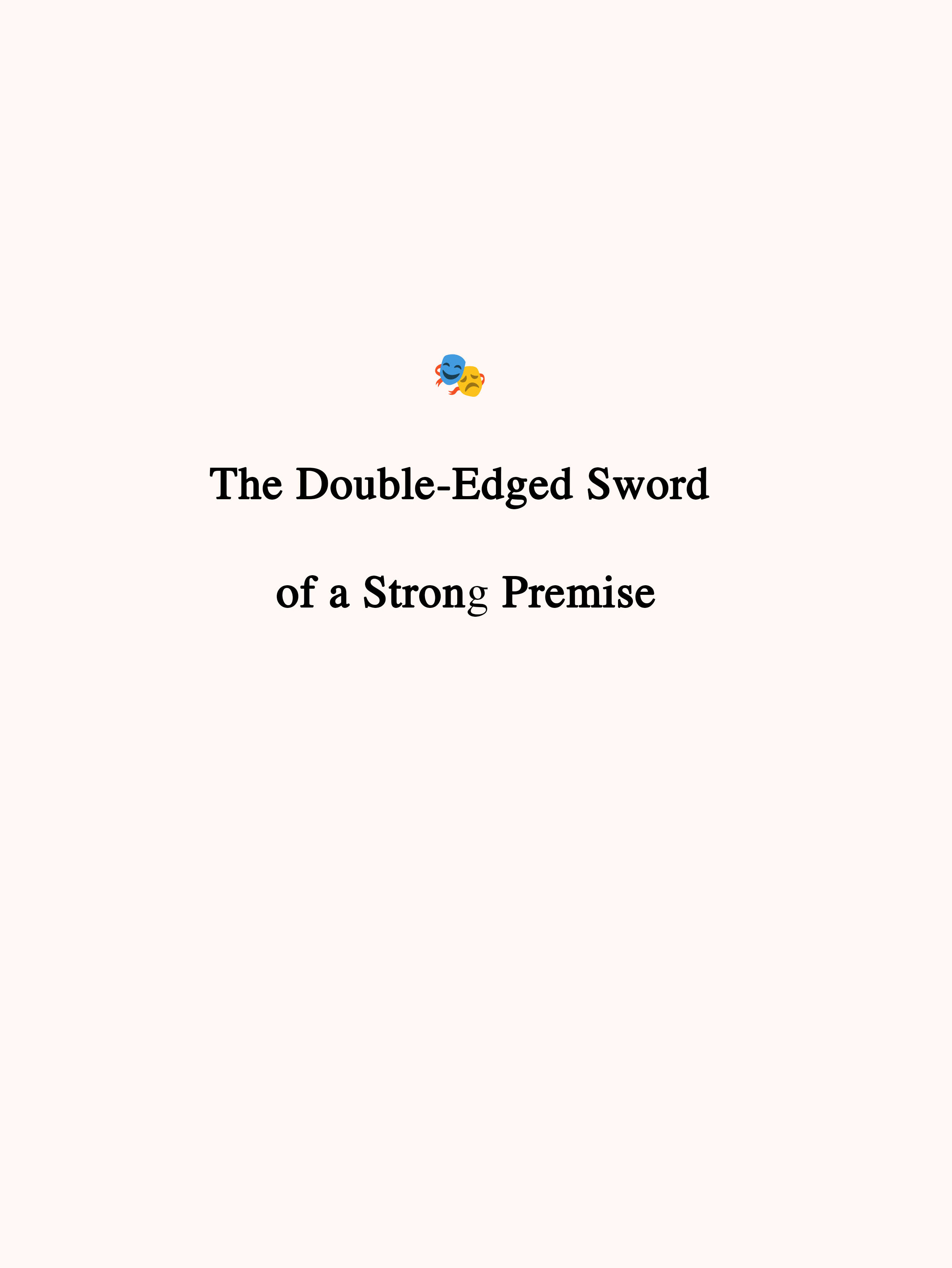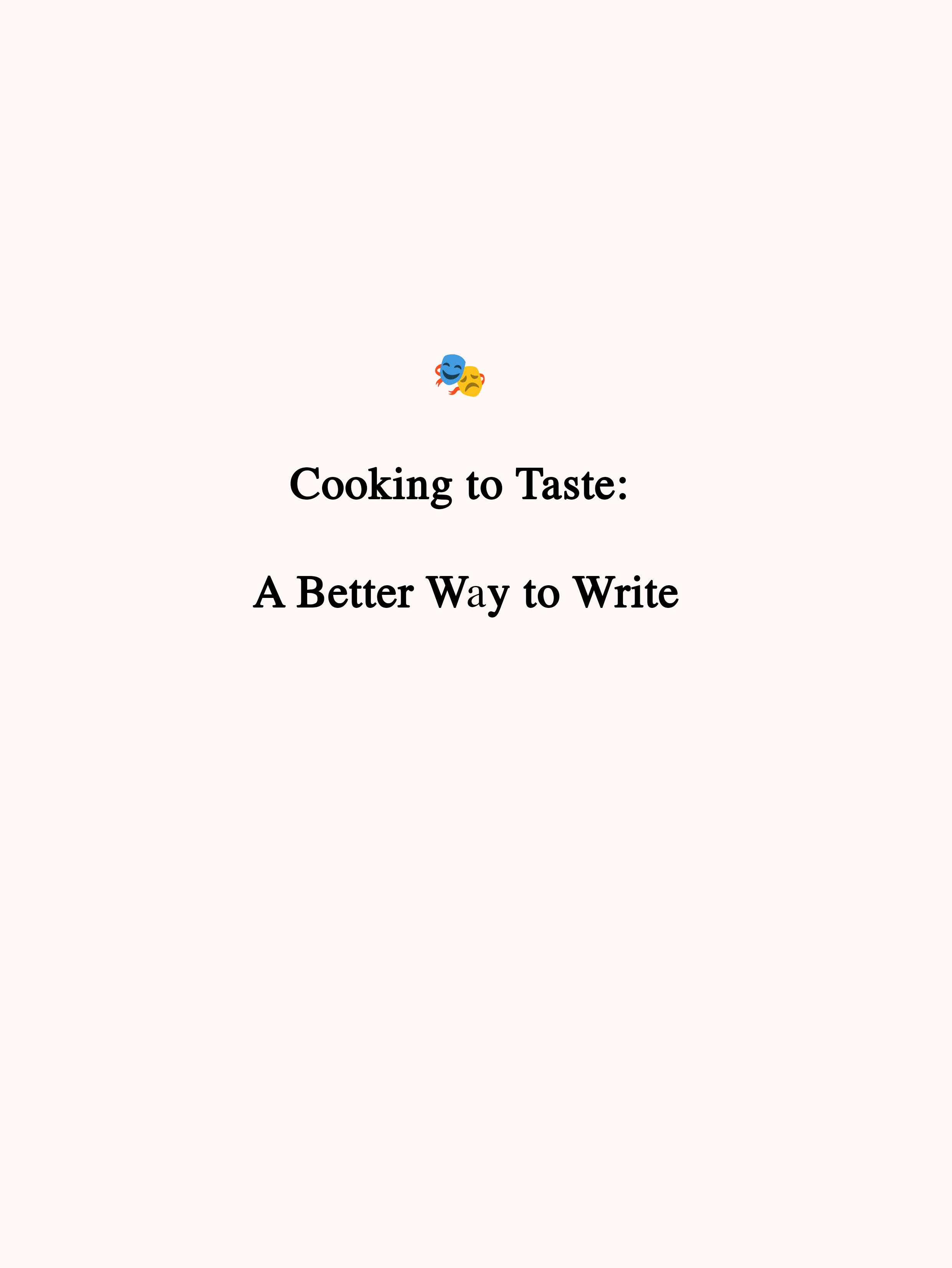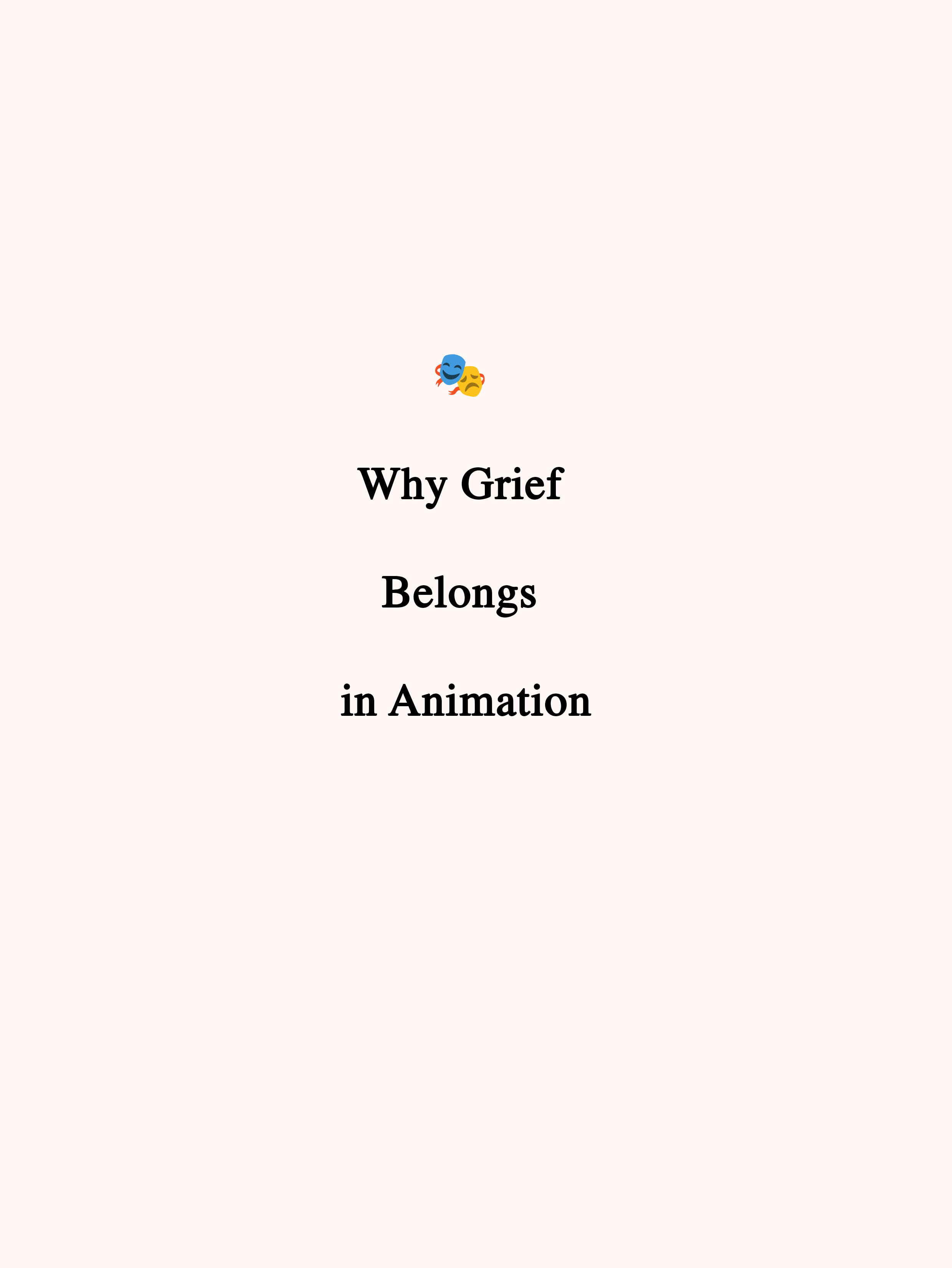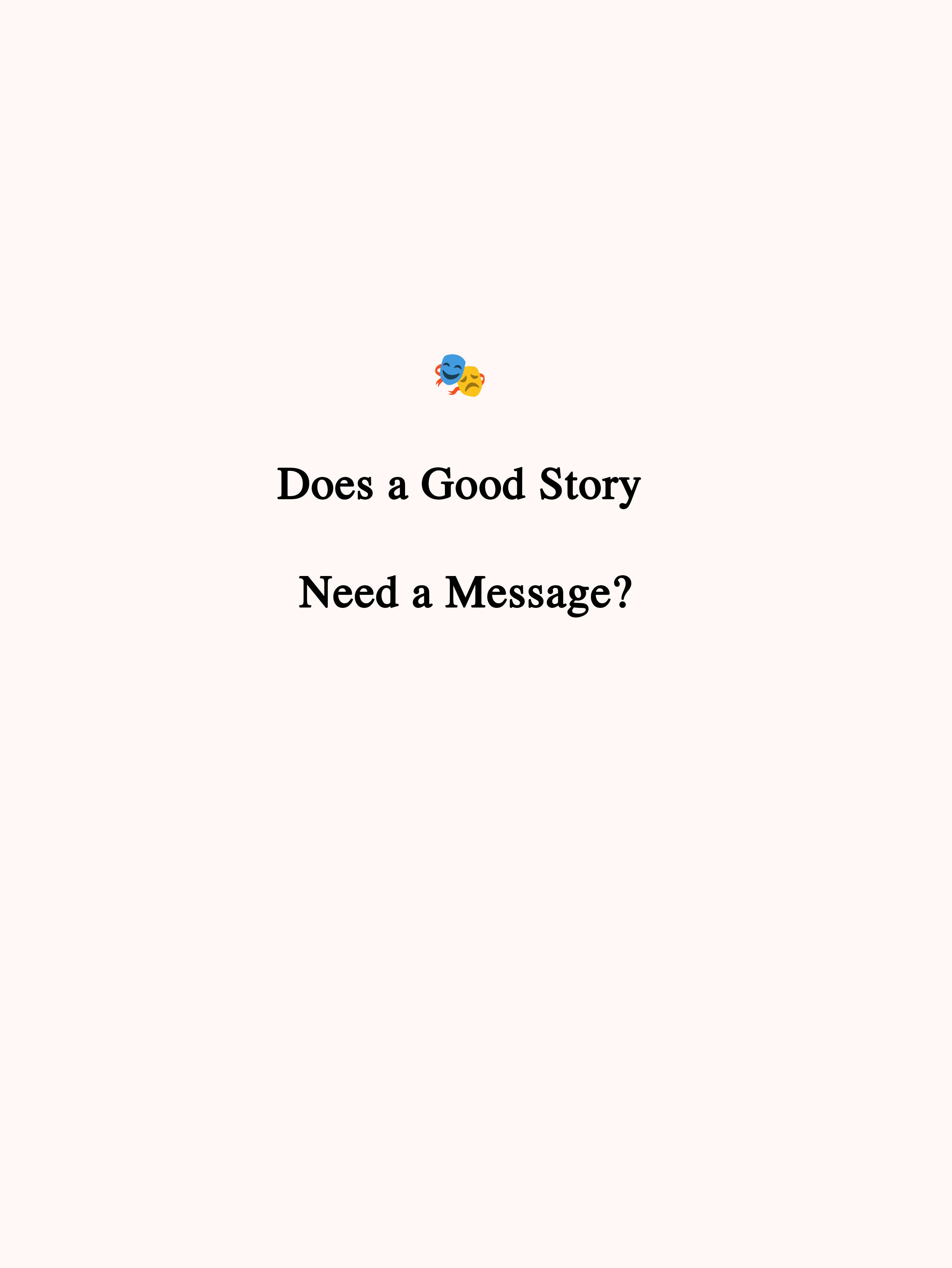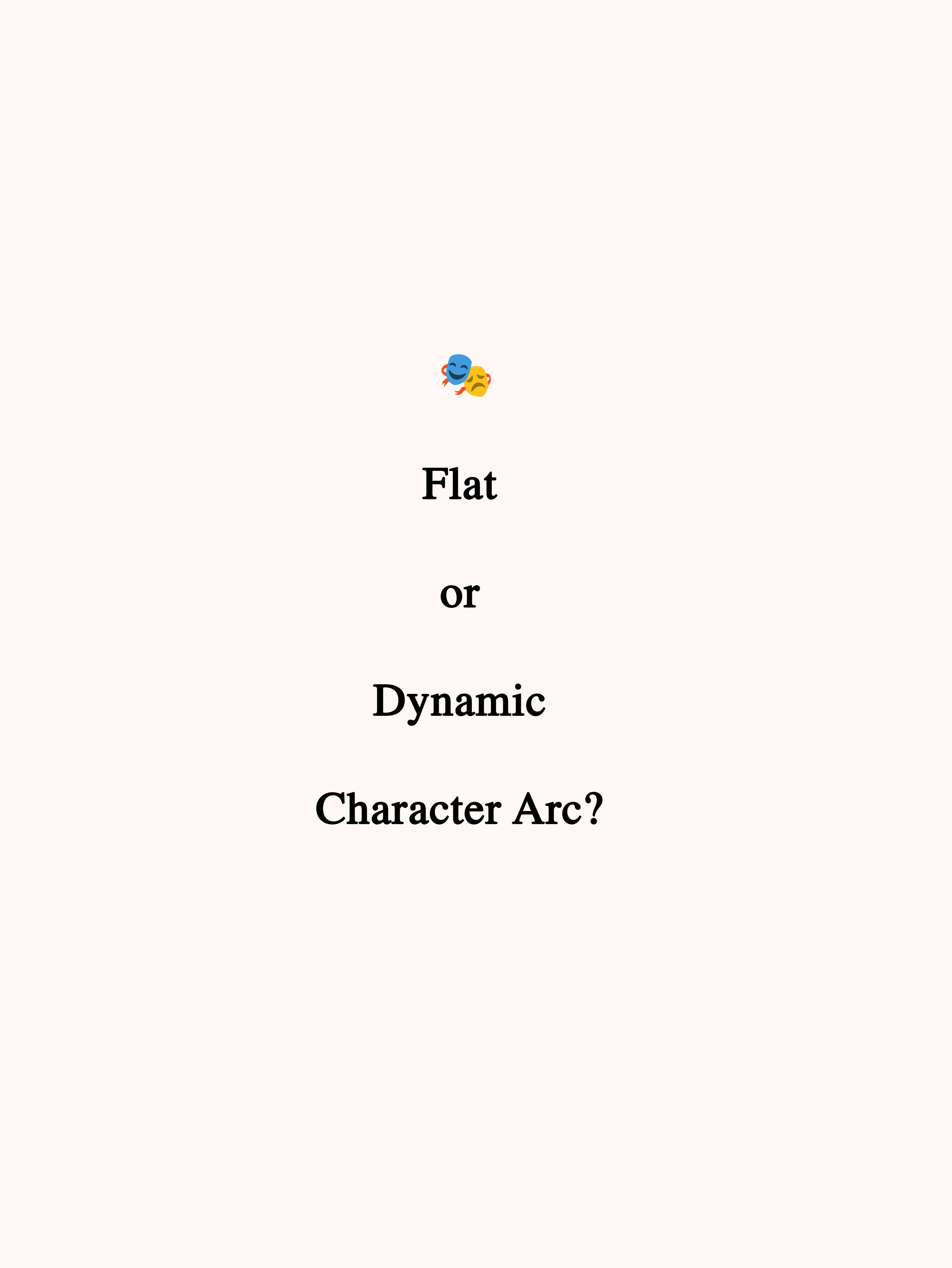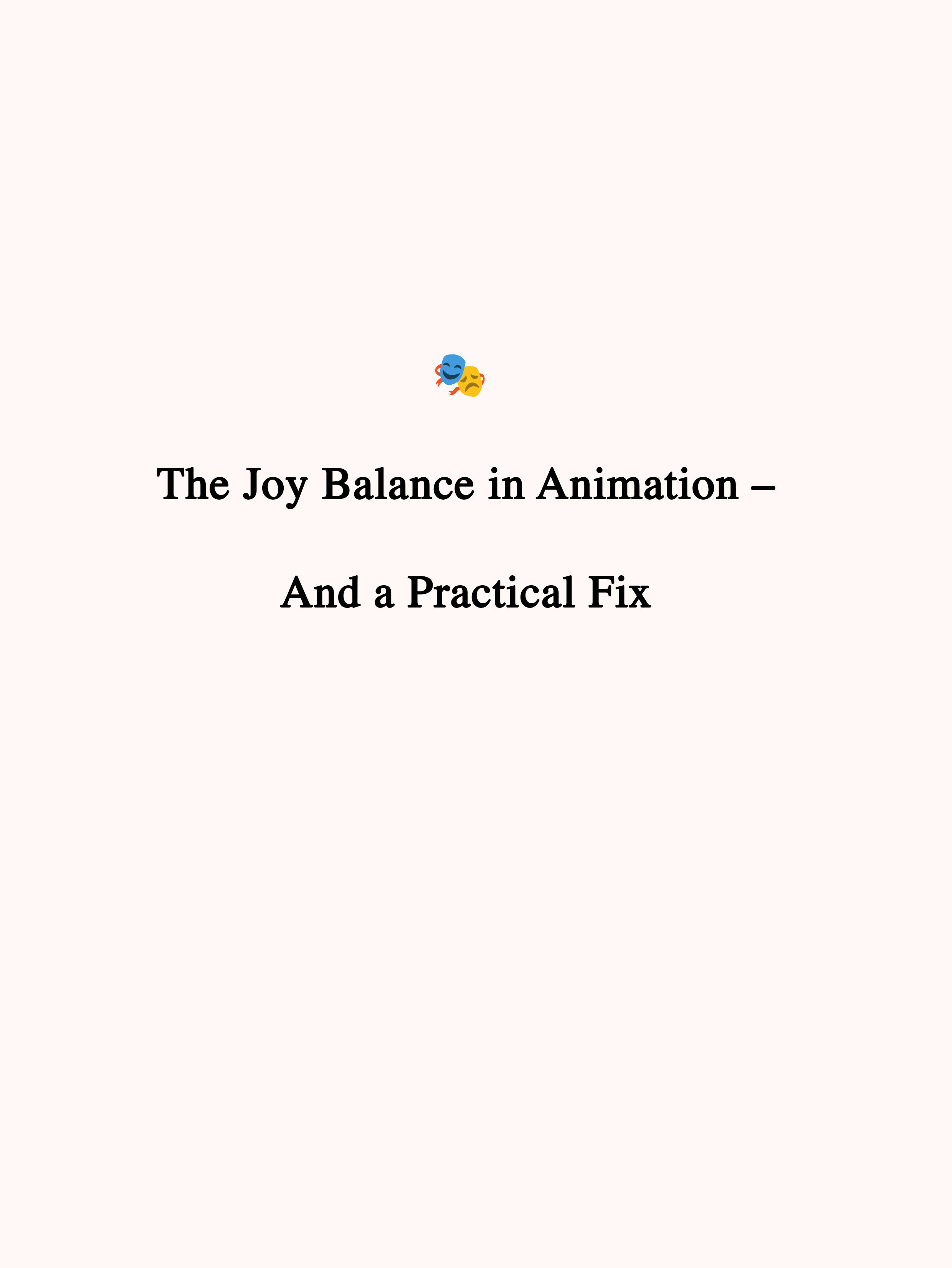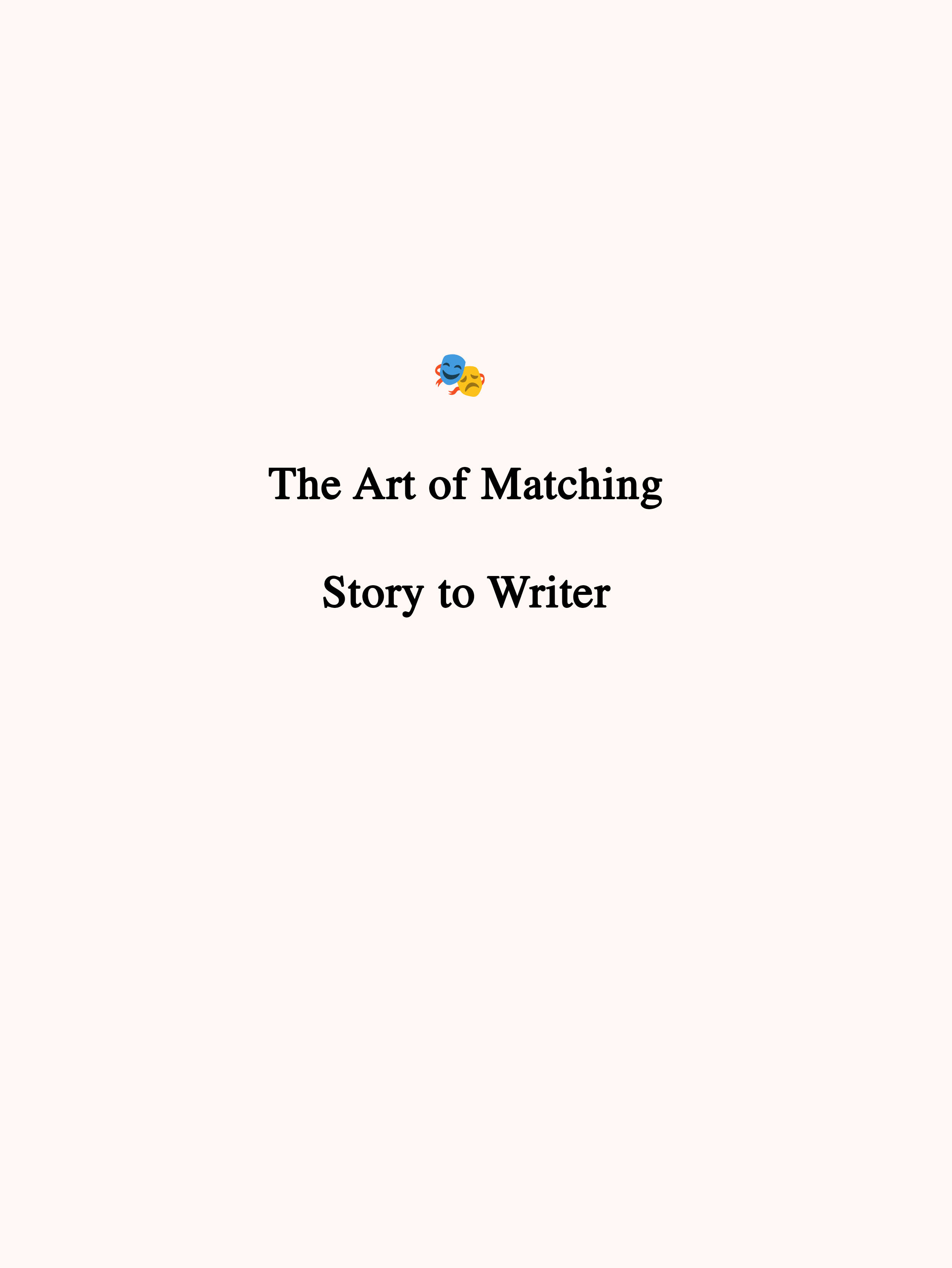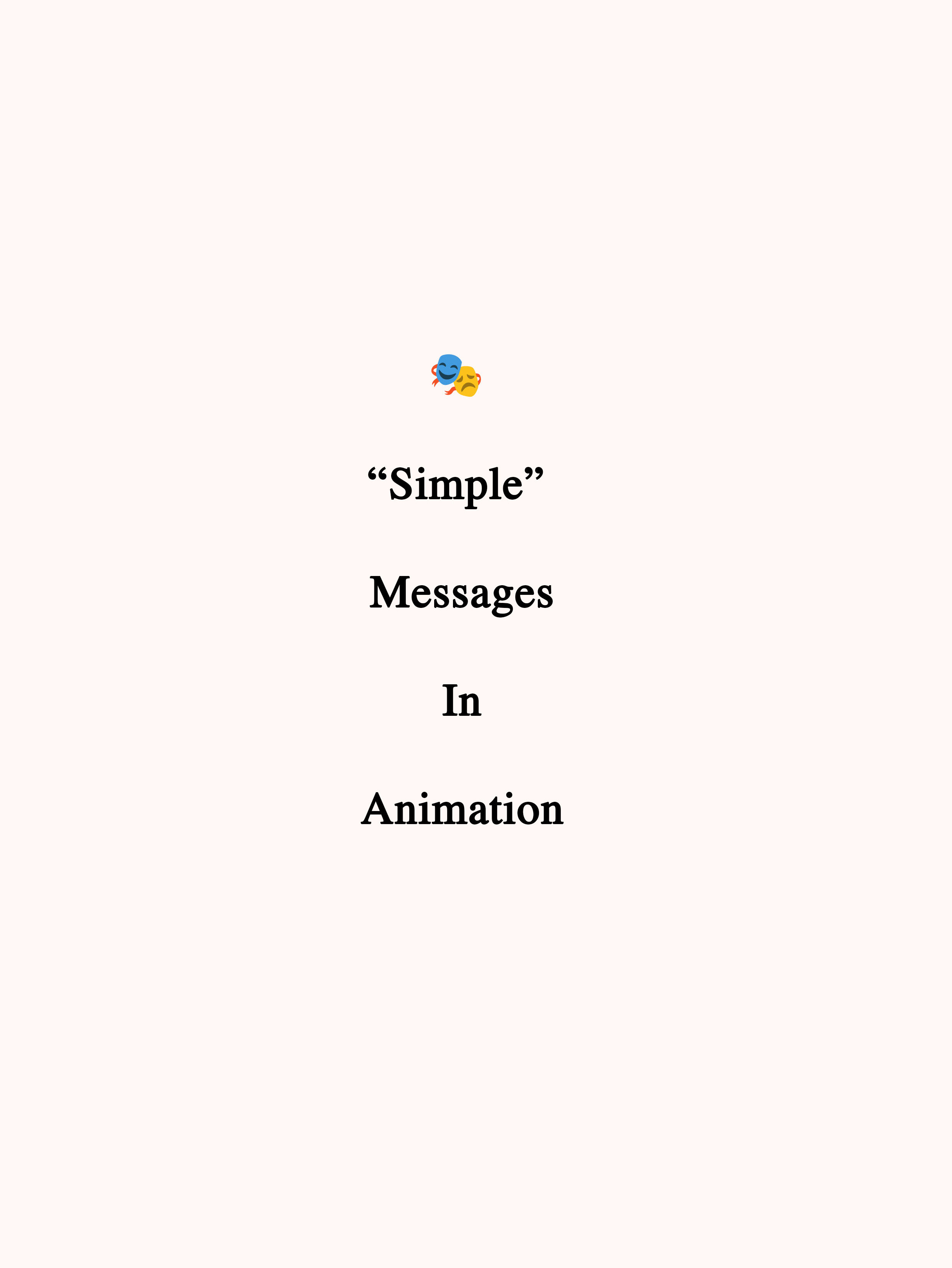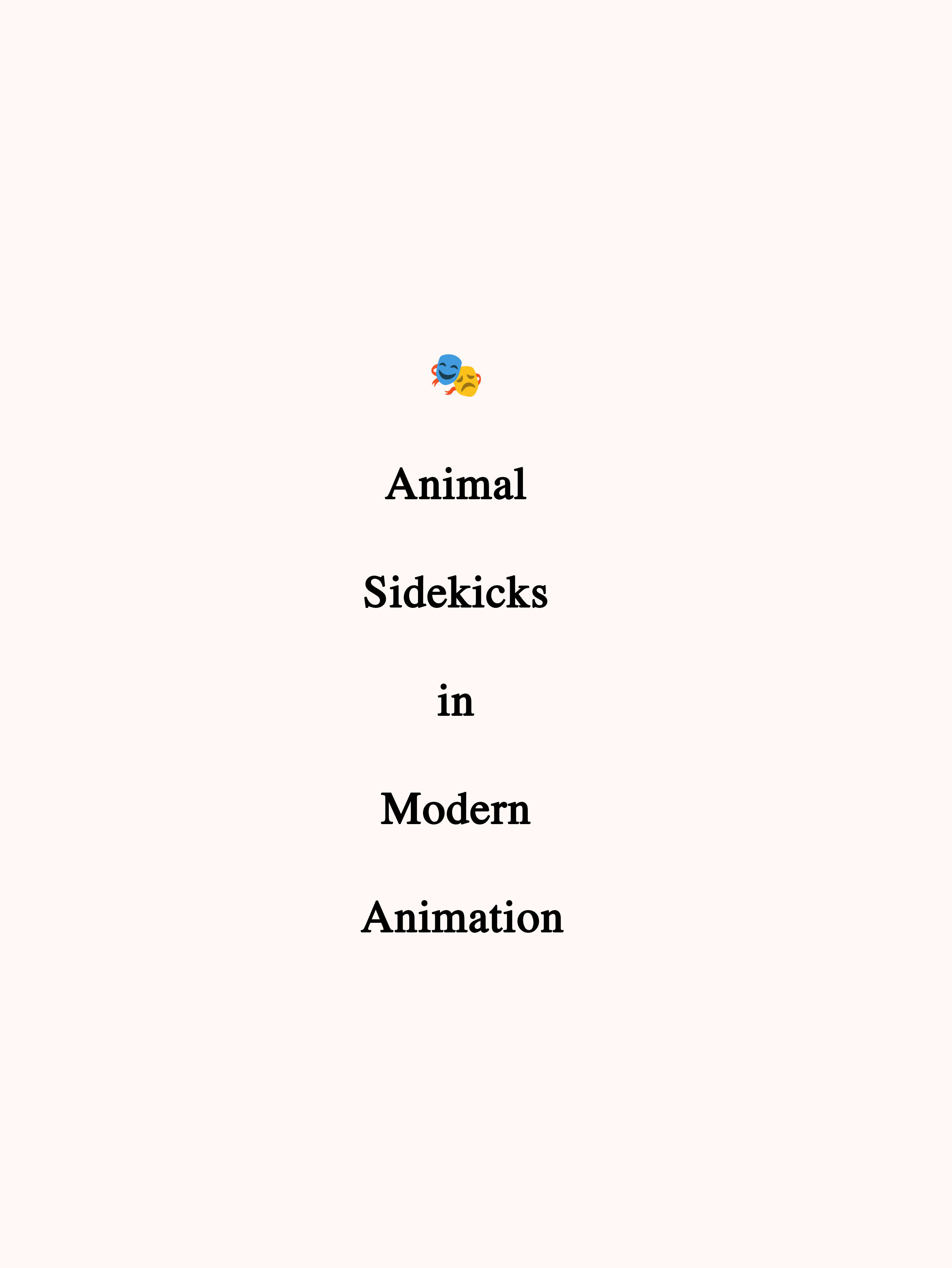Your Story Isn’t Broken—It Might Just Be Out of Balance
I’ve written a book on story editing inspired by the Tao Te Ching.
Its core philosophy? The extremes are never the answer. Truth lives in the balance.
And I’ve found that in storytelling, imbalance is almost always the issue.
When I read a script or manuscript that almost works, it usually leans too far in one direction:
🧠 The mind (yang) side:
The plot makes perfect sense. It’s structured, clean, even clever—
but it doesn’t move me. I understand what’s happening,
but I don’t feel why it matters.
💫 The soul (yin) side:
The emotion is clear. The message is powerful.
But the plot is muddy, the characters aren’t landing,
and the story can’t quite carry the weight of its own insight.
It’s the difference between:
“Mary has a crush on John.” (mind)
vs.
“That breathless ache when someone walks in the room and every part of you wakes up, even though you don’t know why or what to do with it.” (soul)
The first one makes sense. But I wouldn’t necessarily pay a subscription to see the rest of it.
The second one feels true. But also… who? What’s actually happening?
As a story editor, it’s much easier to help with soul-heavy pieces.
If you have a clear message or inspiration, we can shape structure, tighten arcs, build tension, and infuse life into dialogue.
But when the inspiration is missing—when there’s no emotional root—it’s a different challenge entirely. Then it’s not editing, it’s soul excavation.
So if you’re creatively blocked, ask yourself:
Am I stuck on the soul side or the mind side?
Do I have a message but no structure? Or structure but no meaning?
This imbalance doesn’t just happen to individual writers.
I believe entire studios, creative teams, and possibly industries fall into one side or the other.
But balance is possible.
And when it’s found—
the story doesn’t just make sense.
It sings.
I’ve written a book on story editing inspired by the Tao Te Ching.
Its core philosophy? The extremes are never the answer. Truth lives in the balance.
And I’ve found that in storytelling, imbalance is almost always the issue.
When I read a script or manuscript that almost works, it usually leans too far in one direction:
🧠 The mind (yang) side:
The plot makes perfect sense. It’s structured, clean, even clever—
but it doesn’t move me. I understand what’s happening,
but I don’t feel why it matters.
💫 The soul (yin) side:
The emotion is clear. The message is powerful.
But the plot is muddy, the characters aren’t landing,
and the story can’t quite carry the weight of its own insight.
It’s the difference between:
“Mary has a crush on John.” (mind)
vs.
“That breathless ache when someone walks in the room and every part of you wakes up, even though you don’t know why or what to do with it.” (soul)
The first one makes sense. But I wouldn’t necessarily pay a subscription to see the rest of it.
The second one feels true. But also… who? What’s actually happening?
As a story editor, it’s much easier to help with soul-heavy pieces.
If you have a clear message or inspiration, we can shape structure, tighten arcs, build tension, and infuse life into dialogue.
But when the inspiration is missing—when there’s no emotional root—it’s a different challenge entirely. Then it’s not editing, it’s soul excavation.
So if you’re creatively blocked, ask yourself:
Am I stuck on the soul side or the mind side?
Do I have a message but no structure? Or structure but no meaning?
This imbalance doesn’t just happen to individual writers.
I believe entire studios, creative teams, and possibly industries fall into one side or the other.
But balance is possible.
And when it’s found—
the story doesn’t just make sense.
It sings.
